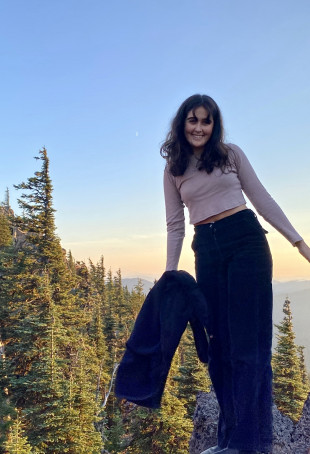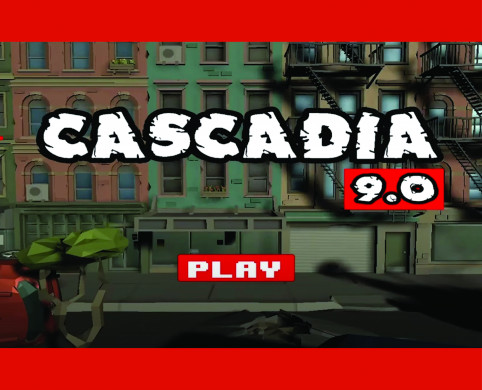- <a href="/live/image/gid/690/width/650/93065_image0.jpg" class="lw_preview_image lw_disable_preview" tabindex="-1"><picture class="lw_image lw_image93065"> <source type="image/jpeg" media="(max-width: 500px)" srcset="/live/image/gid/690/width/500/height/479/crop/1/93065_image0.rev.1646775770.jpg 1x, /live/image/scale/2x/gid/690/width/500/height/479/crop/1/93065_image0.rev.1646775770.jpg 2x, /live/image/scale/3x/gid/690/width/500/height/479/crop/1/93065_image0.rev.1646775770.jpg 3x"/> <source type="image/jpeg" media="(min-width: 501px)" srcset="/live/image/gid/690/width/720/height/690/crop/1/93065_image0.rev.1646775770.jpg 1x, /live/image/scale/2x/gid/690/width/720/height/690/crop/1/93065_image0.rev.1646775770.jpg 2x"/> <img src="/live/image/gid/690/width/720/height/690/crop/1/93065_image0.rev.1646775770.jpg" alt="Our students—especially those in our natural science classes—regularly learn outside of the classroom on field trips, like this recen..." width="720" height="690" srcset="/live/image/scale/2x/gid/690/width/720/height/690/crop/1/93065_image0.rev.1646775770.jpg 2x" data-max-w="1800" data-max-h="1798" loading="lazy"/> </picture> </a><div class="hero-split_image_caption collapsable-caption"> Our students—especially those in our natural science classes—regularly learn outside of the classroom on field trips, like this recent excursion to Rattlesnake Road Wind Farm in Oregon. Photo taken by Olivia Bruce BA ’24.</div>
Earth System Science
When you minor in Earth system science, you will use connections across scientific disciplines to develop a framework for understanding large-scale transformations of our planet and their consequences. You will learn tangible skills that apply across disciplines, all while benefiting from our proximity to Portland and the diverse natural environments of the Pacific Northwest.
Why Choose a Minor in Earth System Science?
Our program directly engages with the science of some of today’s most pressing questions: How do changes in atmospheric composition affect climate? How do shifts in global land cover affect nutrient loading of the world’s waters or the abundance and distribution of different life forms? You will graduate with experience in the physical, chemical, biological, and geological processes that drive planetary functions, giving you valuable professional training with diverse practical applications.
What You’ll Study
Our interdisciplinary program provides structure and recognition to students wishing to integrate geoscience learning with other relevant offerings in natural and mathematical sciences. Our students focus their learning on key Earth components, including the slowly churning rocky substrate, the liquids circulating through and atop it, the patches of ice crowning its poles, the thin envelope of air surrounding it, and the organisms that populate its surface. Many of our students earn course credit toward their Earth system science minor while on an overseas program.
Outside the classroom, the environmental studies program sponsors an annual student-led symposium on the broad theme of Environment Across Boundaries (ENVX). This multiday, interdisciplinary event encourages students to expand their search for new scholarly concepts and skills, transcend geographic boundaries as they explore environmental issues around the world, and engage with people on all sides of these issues, ideally working toward mutual respect and collaborative solutions. The symposium offers the Lewis & Clark community and general public an opportunity to experience this broader approach to studying the environment. Paid summer research opportunities are also available through the Rogers Summer Science Program.
Complement Your Education With One of These Majors
The most popular majors for our Earth system science minors are biology, environmental studies, and mathematical sciences.
What Students Are Saying About Lewis & Clark
- Kaylee Howser BA ’24
Being an Earth system science minor has given me the ability to understand the physical and chemical processes that are the foundation of concepts I have believed in vehemently my whole life.
Environmental Studies | Earth System Science | Santa Cruz, CaliforniaMore about Kaylee - Lilah Shapiro BA ’25
I chose the Australia biology study abroad program because I have always wanted to experience the incredible amount of biodiversity there. I am also really excited to see the Great Barrier Reef and take more hands-on STEM classes related to my major and minor.
Biology | Earth System Science | Pahoa, Hawai‘iMore about Lilah
What Can You Do With a Minor in Earth System Science?
Our alumni use their minor in Earth system science in a variety of careers in academia and at companies and agencies such as the U.S. Geological Survey, Sanborn Map Company, and National Center for Atmospheric Research Earth Observing Laboratory. Many go on to pursue advanced degrees in environmental engineering, geology, hydrology, and other fields.
Dedicated Faculty
Our expert professors are your expert mentors. You will learn directly from faculty (no graduate assistants here!) that are nationally recognized in their fields of study and who love to work with and learn from their students. Your professors will inspire you to be a thoughtful and passionate participant in a diverse world. Your small classes will support you as you explore new ideas, find your voice, and speak your truth.
- Equity
We are the only liberal arts school in Oregon on Colleges of Distinction’s “Best Equity and Inclusion” list for 2023–24.
- Top
Lewis & Clark earned a spot on Princeton Review’s 2024 “Best Colleges” list.
- Value
Lewis & Clark is on U.S. News & World Report’s 2023–24 “Best Value Schools” list.
- 10%
of our students are from countries other than the U.S.
- 29+33
Lewis & Clark offers 29 majors and 33 minors.
Invest in Yourself
A private liberal arts education is often more affordable than you think. Last year, Lewis & Clark distributed over $74 million in assistance from institutional, federal, state, and private sources. Additionally, we’re so confident that our first-year students will graduate in four years with their bachelor of arts degree that if you don’t, we’ll cover the extra semester of tuition.
Find Your People
Students can join a variety of student-run organizations that relate to their Earth system science minor, like the ENVX: Environment Across Boundaries symposium or Students Engaged in Eco-Defense (SEED). Don’t see what you’re looking for on the club list? Start something new and build your own community of peers!
Featured News
Shaking Up Disaster Preparedness With Video Games
Cascadia 9.0 was developed as part of an ongoing research project to determine what motivates young adults to prepare for earthquakes and other natural disasters. Using video games as research and outreach tools, L&C researchers take an interdisciplinary approach to disaster preparedness.
Lewis & Clark
615 S. Palatine Hill Road
Portland OR 97219


